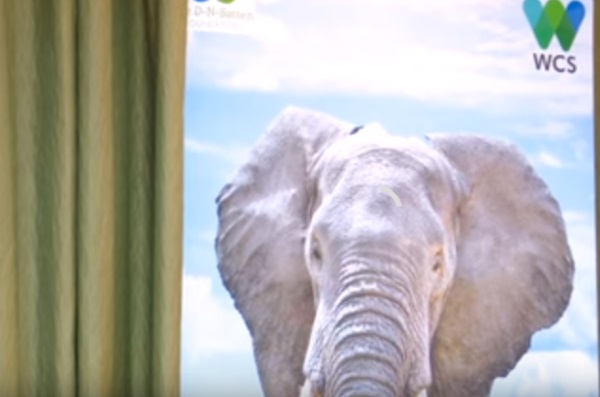According to the Wildlife Conservation Society, an international NGO that is tasked with protecting and conserving wildlife, the population of Chinese national living in Uganda is approximately 10,000 with over 300 Chinese enterprises. China is also one of the countries with the largest black market of ivory, pangolin scales, and wildlife at large. It is against this backdrop that the WCS has embarked on a quest to engage high-risk Chinese enterprises operating in Uganda to mitigate risks of company staff engaging in illegal wildlife trade and trafficking. "Is this company working in a sensitive area, does this company have the high concentration of Chinese nationals and what are their policies. We now want to move to a stage where we review the policies. What are their HR policies?" Said, Simon Takozekibi – Country Director, Wildlife Conservation Society.
The Wildlife Conservation Society also wants the government to amend the laws against wildlife trafficking to make them more deterrent and stringent. “So somebody would come here because he knows that if am caught I will only serve a maximum sentence of seven years in prison. But look at the money involved here. There is a case that will be in investigations which involved about 1.3 million tons of ivory and the money alone that has been transacted through the bank, mobile money, western union is 960,000 US dollars. Now if the government is to find this person under the current Wildlife Act, I think the maximum they would pay is maybe about 20 million Uganda shillings.” Said, Simon Takozekibi – Country Director, Wildlife Conservation Society. They also expressed dismay against Chinese restaurants operating in Kampala that are selling pangolin meat. Pangolins are endangered species and the conservationists want the matter investigated. The Wildlife Conservation Society also wants to get rid of the stockpiles by wiping them out instead of keeping them in stores. “I think we should just bite the nail and burn them because they are a cost to us; we are paying to maintain those stockpiles and eventually they will have no value to us and yet we are investing a lot to protect them. And now we are already seeing a leakage.” Said, Simon Takozekibi – Country Director, Wildlife Conservation Society. The NGO will meet will over 20 Chinese companies next week to look at ways through which they can conserve wildlife and prevent trafficking of endangered animals.

